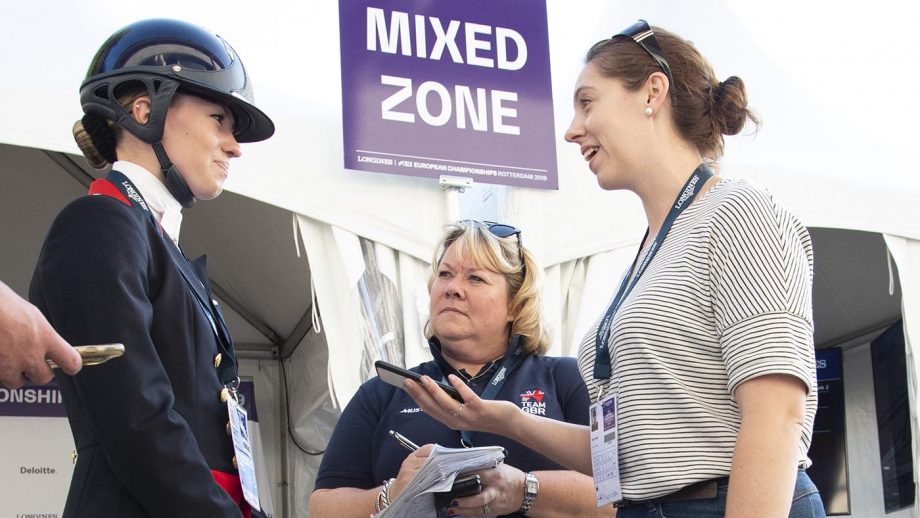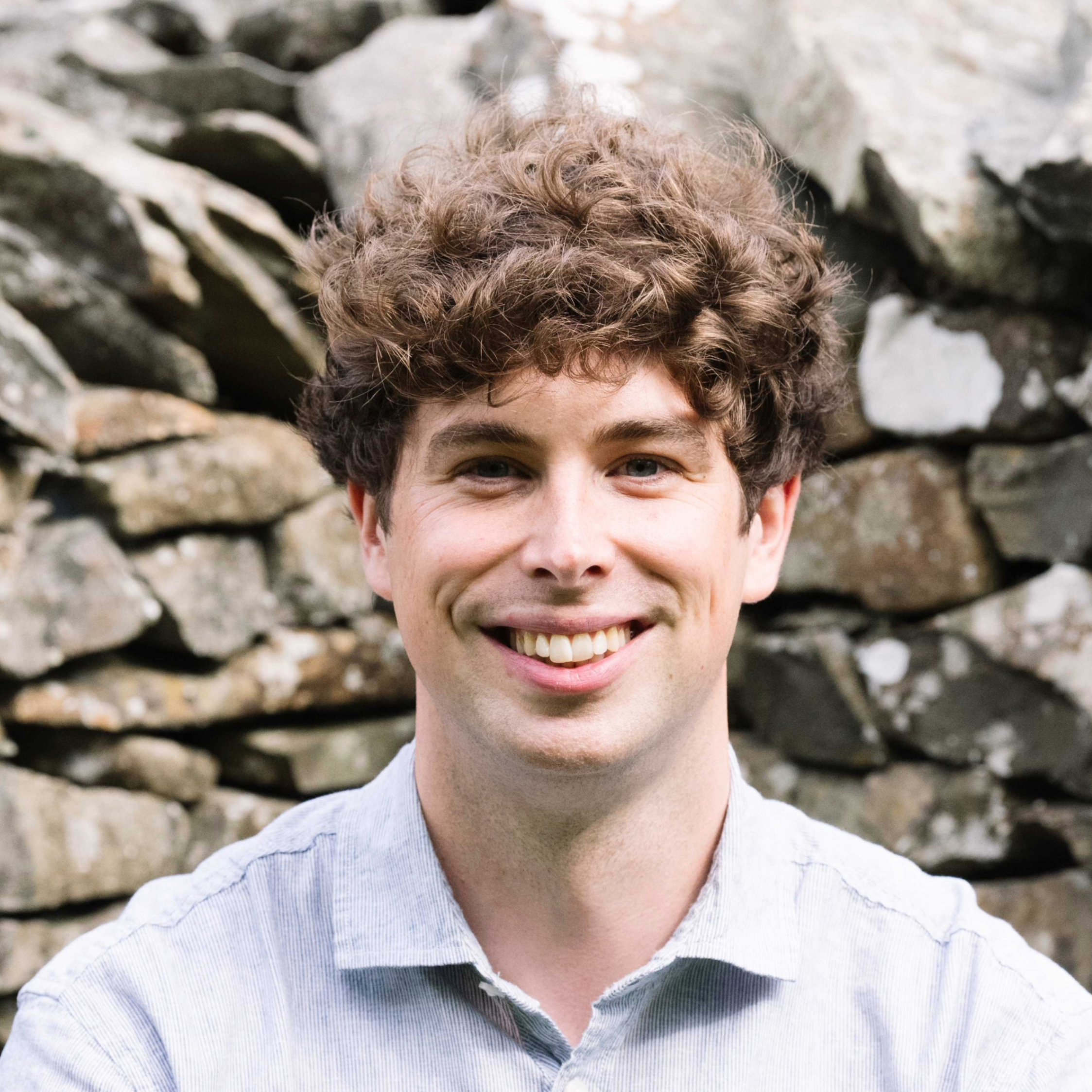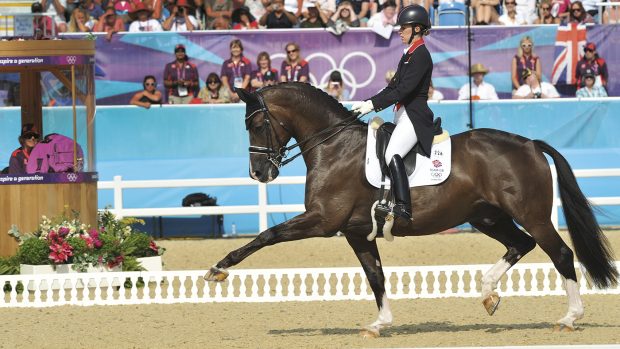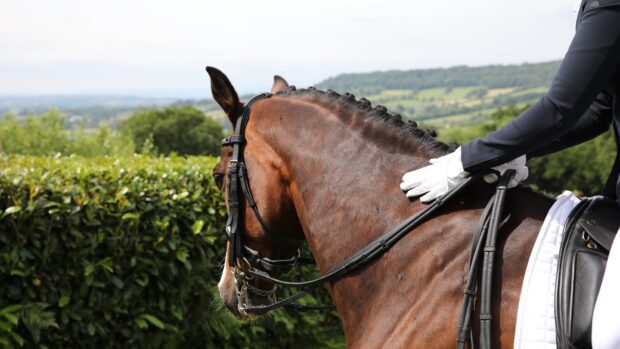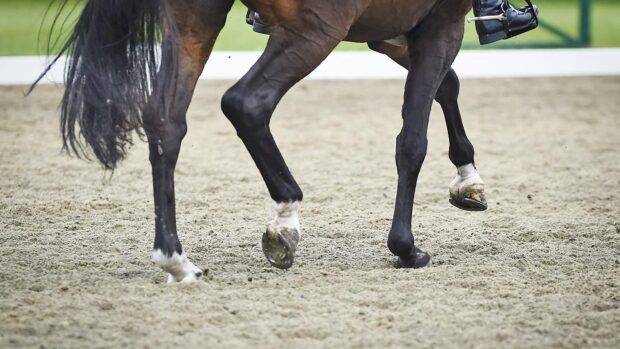Breaking into a professional career in dressage can feel daunting, and at times, even out of reach. Unlike some industries, there’s no single, clear-cut pathway to success – every top rider, trainer and professional has carved their own unique route.
But if you’re passionate about dressage and eager to turn it into a career, there are now more opportunities than ever to help you get started.
As the sport has evolved, so too have the career options surrounding it. Think about the last competition you attended – beyond the riders in the arena, there were show organisers, photographers, content creators, commentators, sponsors and countless others working behind the scenes to make it all happen.
If you’re passionate about the sport there will be opportunities to be involved in it – but they may not be the ones you had initially envisaged. Gaining experience at local events, building a portfolio, and networking with brands and publications, as well as people you admire, can open doors.
“I always thought I’d be a dressage rider, but by 18 I was doing some work with young horses for Sandra Biddlecombe and I realised around that time that not everyone can be a rider,” recalls Lucy Scudamore, Carl Hester’s now award-winning groom, who also runs her own business.
“It was hard to let go of my dream to be a professional rider, but when I realised being a groom would involve travelling around the world to shows, I knew it was perfect. This job was made for me without me even knowing it.”
To kickstart your dressage career, we’ve put together a guide to the key opportunities available. While this isn’t an exhaustive list, there are plenty of pathways in the sport – so if your dream role isn’t mentioned, don’t be discouraged. Chances are, there’s a way to make it happen!
Apprenticeships
British Dressage (BD) has partnered with the apprenticeship training provider Sport Structures to offer a range of dressage apprenticeships, from working hands-on with horses to business development roles.
They currently offer six apprenticeships: equine groom (level 2), senior equine groom (level 3), business administrator (level 3), digital marketing (level 3), team leader/supervisor (level 3) and operations/departmental manager (level 5).
Their apprenticeships are real salaried jobs, paying at least minimum wage, that offer the opportunity to train at the same time as working. Around 20% of your apprenticeship must be spent in off-the-job training or additional added-value activities, such as yard or competition visits.
BD advertises apprentice jobs on its website, but if you’re already employed, your employer can register with the programme if they’re BD members. Employers who register also receive a financial incentive per apprentice hired.
Apprenticeships are currently 95% funded by the government and 5% by the employer.
Level 2 (intermediate) apprenticeships are equivalent to 5 GCSE passes and are a good entry point for those starting out. The BD level 2 equine groom apprenticeship takes 13 months to complete, predominantly consists of on-the-job practical training, and you can start when you’re 16. Riding can also be included in the course.
There can sometimes be a misconception that qualifications for grooming are not valued at professional yards, but as grand prix rider and owner of Elite Dressage Anna Ross explains, that isn’t the case: “I’m a fully qualified BHSI myself, and I like it if people who work for me have done their BHS exams or an apprenticeship because it shows they have stable management skills, know how to care for the horse and are passionate and committed enough to further their skills.”
Level 3 (advanced) apprenticeships are more advanced and typically require you to have completed either a level 2 apprenticeship or to have five passes at GCSE. They’re considered to be the equivalent of two passes at A-Level.
BD’s four level 3 apprenticeships take between 13 and 18 months to complete but upon completion will offer you the chance to be permanently employed by the company you’re working at.
Level 5 (higher) apprenticeships are equivalent to a degree, and require you to have completed a level 3/4 apprenticeship, A-Levels, BTEC or an NVQ. BD’s level 5 operational and departmental manager apprenticeship is the longest at 18 to 22 months.
Scholarships, academies and riding careers
Beyond apprenticeships, there are several other pathways to train for a career in dressage.
Hartpury College’s Equine Academy offers a structured programme for students competing on their own horses. The academy has three tiers: the elite squad, elite development squad, and development squad. To be invited to ridden trials for the development squad, riders must have at least 15 points at elementary. The elite and elite development squads require points at advanced medium.
For para riders, eligibility is set at over 60% at a CPEDI3* at any grade for the elite squads and over 60% at a CPEDI2* or BD national para class. Riders in the elite squad benefit from weekly training sessions, tailored gym programmes, sports psychology support, and help with competition planning – previously, even Carl Hester has been an invited coach. Additionally, three scholarships are awarded annually to outstanding candidates.
Another professional development route is BD’s Young Professionals Programme, a 12-month Sport England-funded initiative designed for aspiring equine professionals. Participants attend eight core sessions delivered by industry experts, covering business management, finance, insurance, personal development, and media awareness. To apply, riders must be 19-28 years old, not in full-time education, and committed to a long-term career in the industry.
For under-25 riders, BD Youth’s Foundation and National Academies provide another structured training programme. Riders on B, B+, or A Squads who have attended squad assessments between 1 December and the Inter-Regional cut-off date, and consistently score 66% or above at elementary will be eligible for the Foundation Academy.
Each year, 12 standout riders progress from the Foundation Academy to the National Academy, where they benefit from nine months of elite coaching, training camps, and athlete development sessions led by top professionals. Fully funded by Sport England, the programme is designed to equip young riders with the knowledge and skills to advance in dressage – or build a successful career in the sport.
The role of riding schools in career development
Many of today’s top dressage riders, coaches, and grooms started out in riding schools, gaining essential hands-on experience that shaped their careers. For young riders without their own horses, riding schools offer a crucial stepping stone, proving that talent and dedication matter just as much as access to elite training.
Larger riding schools provide structured riding tuition, stable management training, and coaching experience, equipping riders with the well-rounded skills needed to succeed in the sport.
“Talent is entry-level in this industry – everyone is talented,” explains Anna, who has seen riders like Beth Bainbridge, Alex Baker, and Tom Carter move into professional riding careers. “It’s not always the most talented that go on to succeed; it’s going to be the ones that people want to spend time with and work hard.”
“Versatility is also huge for young riders looking to make it. We breed horses, and I can’t breed horses that they specifically like or don’t like. What I’m looking for is whether they can ride nearly all of the horses and get a good tune out of them.”
“It’s also important to be humble. There’s a lot of competition, and those elusive riding jobs where you ride all day are few and far between. The riders who get there have worked for a long time to reach that point.”
Other routes to a career in dressage
If you’re over 18 and a BD member you can apply to take your British Dressage Coaching Certificate (BDCC) qualifications, which is a government-recognised qualification.
While you’ll need to fund the workshops and assessments yourself, gaining this certification can enhance your credibility as a coach and open doors to further development opportunities through BD.
Similarly, dressage judging can be a valuable tool for career progression, especially for trainers. While it’s unlikely to replace a full-time income, judging refines your ability to assess horses and riders, adding an extra layer of expertise to your coaching.
“Being a judge doesn’t make you money, so you need to do it alongside other things,” explains Alex Harrison-West, currently the youngest person ever to become a List 1 judge.
“I’ve found it very helpful in terms of training my clients because judging gives you a more in-depth knowledge of the sport and where the marks are coming from.
“You learn to evaluate horses quickly which helps when you’re training clients as it trains your eye to hone in on the bigger issue.”
At its core, a career in dressage demands adaptability, dedication, and a constant willingness to learn – whether you’re riding, coaching, judging, or even working behind the scenes in equestrian media.
For those who’ve made it, the biggest lesson is often being open to different paths.
“I’ve learned so much from watching other people train,” Becky Moody says. “At the top level, everyone is learning from each other, and that’s what makes the sport so exciting.”
With more career pathways than ever, dressage has never been more accessible. But the key to success? Be proactive, reach out to people and stay open-minded – because the best opportunities often come from places you least expect.
You might also be interested in:

Fancy trying affiliated dressage, but not quite sure where to start? You need to read this…

Horse & Hound’s helpful guide to becoming a dressage judge

Alan Davies on speed-dial and perfect plaits: a day in the life of Charlotte Dujardin’s groom Francesca Gorni at the Europeans

Subscribe to Horse & Hound magazine today – and enjoy unlimited website access all year round
Horse & Hound magazine, out every Thursday, is packed with all the latest news and reports, as well as interviews, specials, nostalgia, vet and training advice. Find how you can enjoy the magazine delivered to your door every week, plus options to upgrade your subscription to access our online service that brings you breaking news and reports as well as other benefits.

